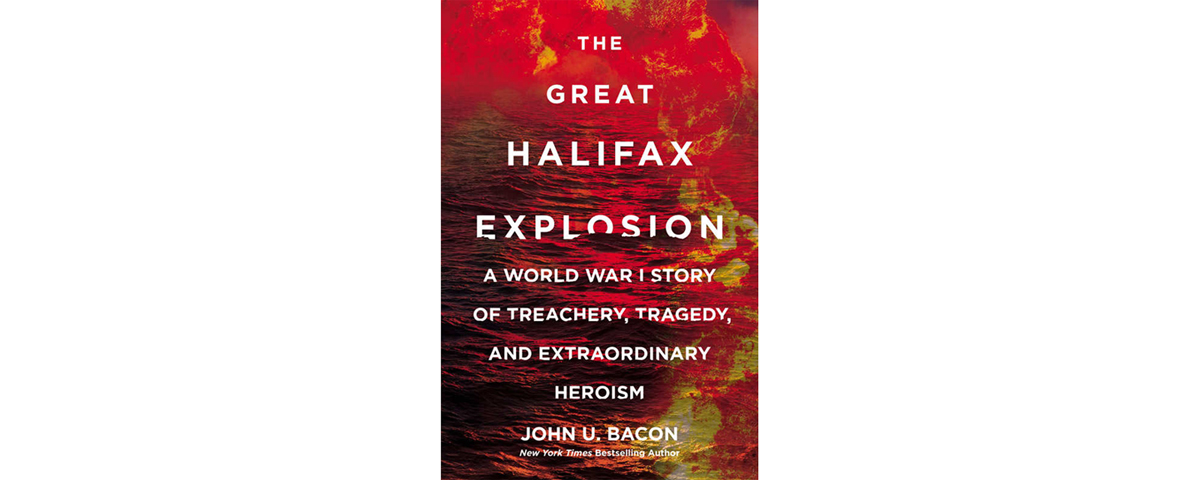The Great Halifax Explosion: A World War I Story of Treachery, Tragedy and Extraordinary Heroism, by John U. Bacon, William Morrow, New York, 2017, $29.95
Few living people recall that the largest man-made explosion in history prior to the advent of the nuclear age took place in Halifax, Nova Scotia. That devastating blast occurred on Dec. 6, 1917, at the height of World War I. It killed nearly 2,000 people and injured another 9,000 (roughly 18 percent of the populace) and leveled 325 acres of the city, wiping out much of the infrastructure required to address the disaster.
The source of the explosion was a single cargo ship. The French freighter Mont Blanc arrived at Halifax from New York, intending to join a convoy assembling to cross the Atlantic. She was transporting 2,925 tons of various explosives to France, including gun cotton, TNT, drums of benzol and highly unstable picric acid. Having arrived on December 5 too late to enter the harbor, Mont Blanc was compelled to spend the night outside the protection of the harbor’s defenses.
Meanwhile, inside the harbor the Norwegian ship Imo, chartered to load a cargo of U.S. relief supplies to Belgium, had finished coaling too late to depart. By morning her captain was as impatient to leave the harbor as Mont Blanc’s captain was to enter.
Under normal circumstances no other vessels would have been permitted to move while a ship carrying explosives transited the harbor. But out of wartime necessity harbor authorities had relaxed many such peacetime regulations. In their haste the two vessels collided in the channel, setting Mont Blanc’s volatile benzol on fire. Its French crew abandoned ship but, due to language barriers, was unable to alert the crews of surrounding vessels to their peril. Worse yet, thousands of citizens, also unaware of the nature of the ship’s cargo, came out to watch the spectacle. The ensuing catastrophic explosion caught them all by surprise.
Author John Bacon has written a fascinating and highly readable account that takes in events leading up to the blast through its aftermath. He explains how the Halifax explosion bonded the once-rival cities of Halifax and Boston and asserts the disaster also marked a turning point in Canada’s international relations, bringing it closer to the United States and distancing it from Great Britain.
—Robert Guttman





